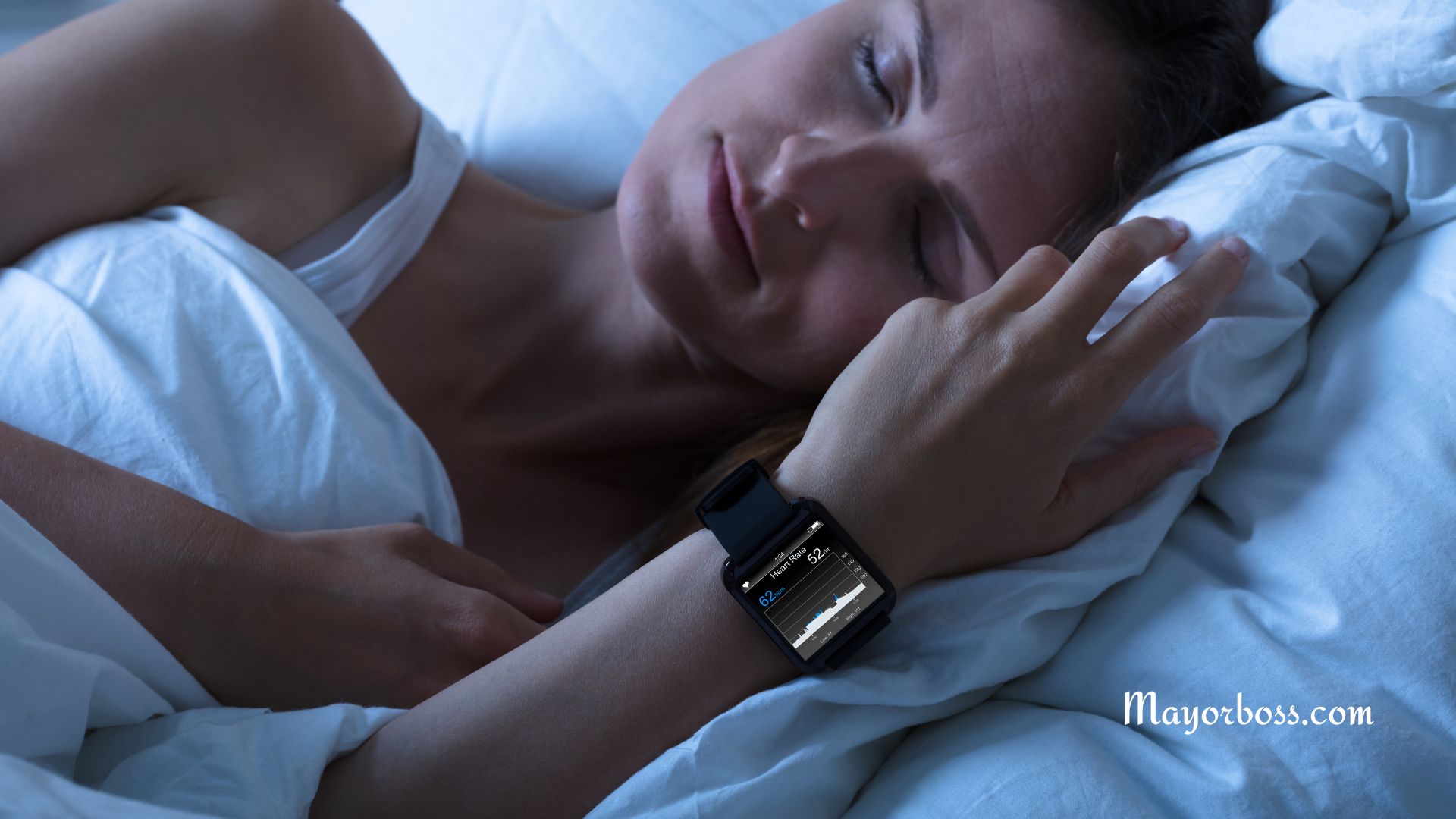What Is a Normal Sleeping Heart Rate?
When you’re tucked into bed, you might think that your body is on a break. But even while you snooze, your heart keeps ticking away. A normal sleeping heart rate is often lower than your heart rate during waking hours. This is because your body is in a relaxed state, and your heart doesn’t need to work as hard.
So, what is a normal sleeping heart rate? Typically, a healthy adult’s sleeping heart rate ranges from 50 to 90 beats per minute (BPM). Occasionally, it can go down to as low as 40 bpm. Factors like age, fitness level, and medical conditions can influence this number.

Why Does Your Heart Rate Decrease During Sleep?
As you drift off into dreamland, your body’s systems go into a sort of “power-saving mode.” Your metabolic rate drops, and so does the demand for oxygen. Consequently, your heart doesn’t need to pump as much blood. That’s why your heart rate and blood pressure usually decrease when you’re asleep.
Factors That Influence Sleeping Heart Rate
Age
When it comes to age, you’ll find that younger people often have a higher resting and sleeping heart rate. As you grow older, your heart rate generally slows down. For instance, a newborn could have a sleeping heart rate of up to 160 BPM, while a healthy adult usually ranges between 50 and 90 BPM.
Physical Fitness
If you’re physically fit, your heart is likely more efficient at pumping blood. For fit individuals, a lower sleeping heart rate is common. Athletes, for example, might have a sleeping heart rate as low as 40 BPM.
Medical Conditions
Certain medical conditions can cause a higher or lower sleeping heart rate. Conditions such as heart disease, sleep apnea, or even high levels of stress can affect your heart rate while you’re catching those Zs.
Medication
Drugs like beta-blockers can lower your heart rate, while medications like decongestants can raise it. Always consult your healthcare provider if you’re concerned about how your medication might be affecting your heart rate.
How to Measure Your Sleeping Heart Rate
You have several options for keeping track of your sleeping heart rate.
Wearable Devices
Fitness trackers and smartwatches are convenient tools for monitoring your heart rate throughout the night. Simply wear the device as you sleep, and it will collect data for you to review in the morning.
Overnight Sleep Studies
For a more comprehensive look, an overnight sleep study, known as polysomnography, can be done. During this study, various body functions, including heart rate, are monitored while you sleep.
Manual Measurement
In a pinch, you could also manually check your heart rate when you wake up. Just place your index and middle fingers on your wrist or neck, count the beats for 15 seconds, and multiply by four. However, this method might not be as accurate as the other options.
When to Be Concerned
If you notice your sleeping heart rate is consistently outside of the 50 to 90 BPM range, it’s a good idea to consult a healthcare provider. This could be a sign of underlying health issues that may need to be addressed. A resting heart rate above 100 BPM or below 40 BPM could be cause for concern, especially if you’re experiencing other symptoms like shortness of breath, weakness, dizziness, faintness, or chest pain.
Further Reading: Why You May Breathe Fast While Sleeping
